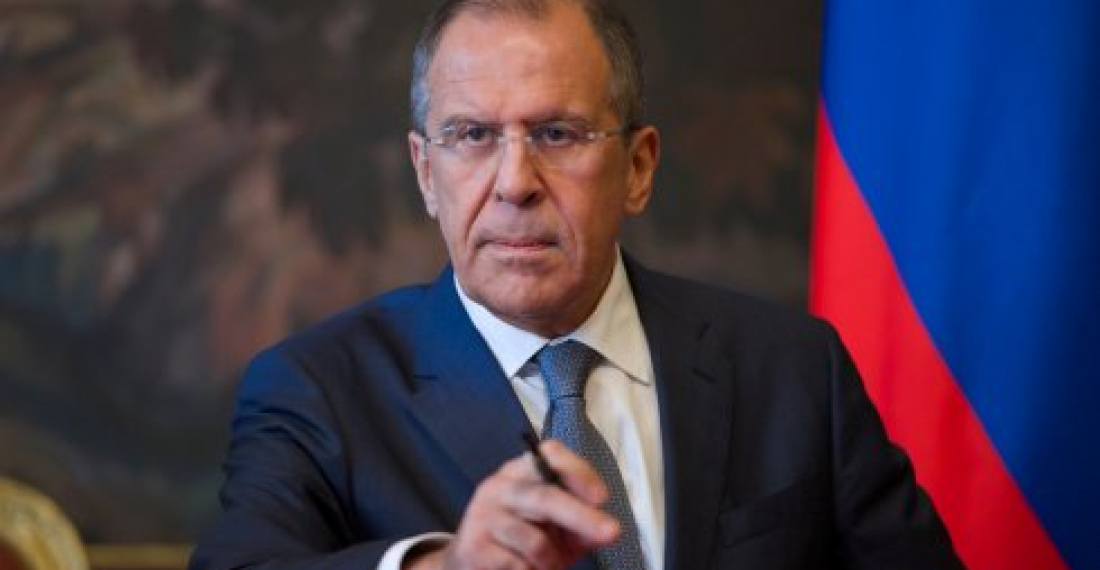Russian foreign minister, Sergei Lavrov, has expressed his satisfaction at the signing of the agreemeent to end the Karabakh War by the leaders of Russia, Armenia and Azerbaijan. Lavrov was speaking in a telephone conversation with his Azerbaijani counterpart this morning.
Lavrov this morning also spoke on the phone with the Turkish foreign minister Mevlut Cavisoglu. There is some confusion about what role, if any, Turkey is going to play in the monitoring of the agreement and the work of the peacekeeping force, with Azerbaijan saying there will be a Turkish presence, but Armenia denying this.
In the meantime the spokesperson of the Russian president, Dimitri Peskov confirmed that the other two co-chair countries of the OSCE Minsk process, France and the United States had not been part of the negotiations or the agreement.
"This is a tripartite statement," Peskov said, answering the question whether the US and France took part in reaching agreements on Karabakh.
You can read the full text of the agreement between Russia, Armenia and Azerbaijan here
source: commonspace.eu with agencies






